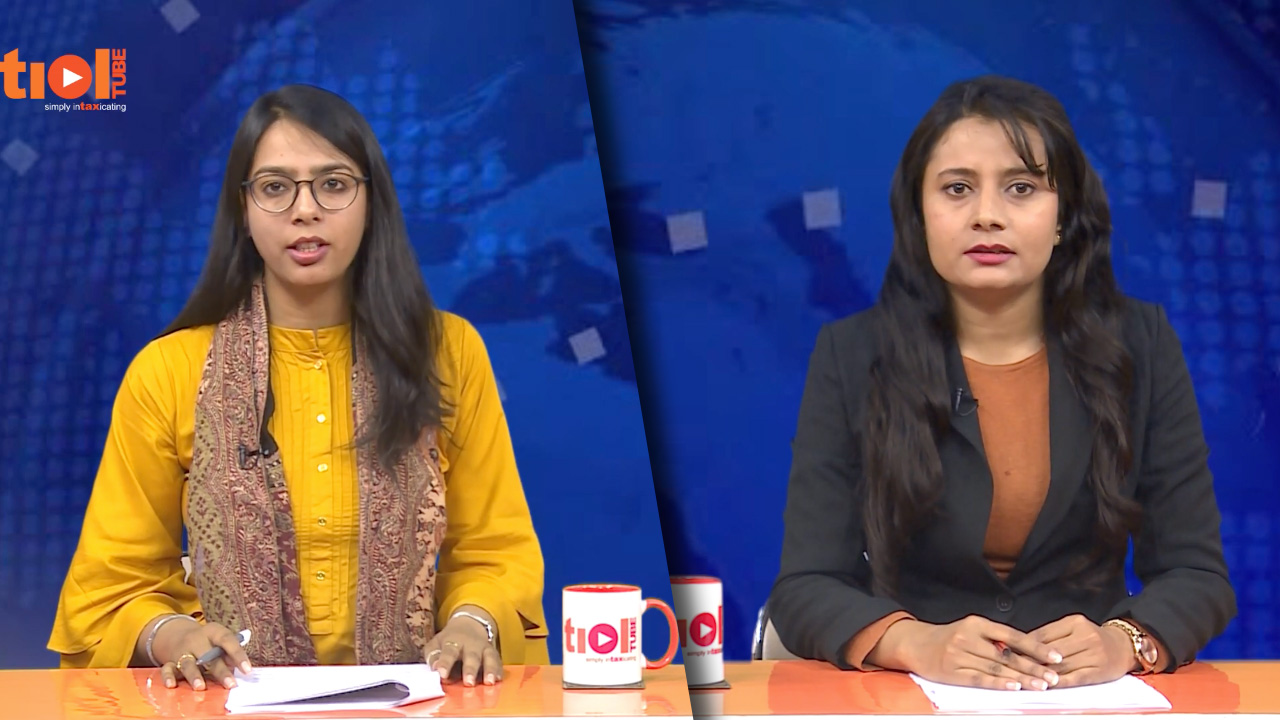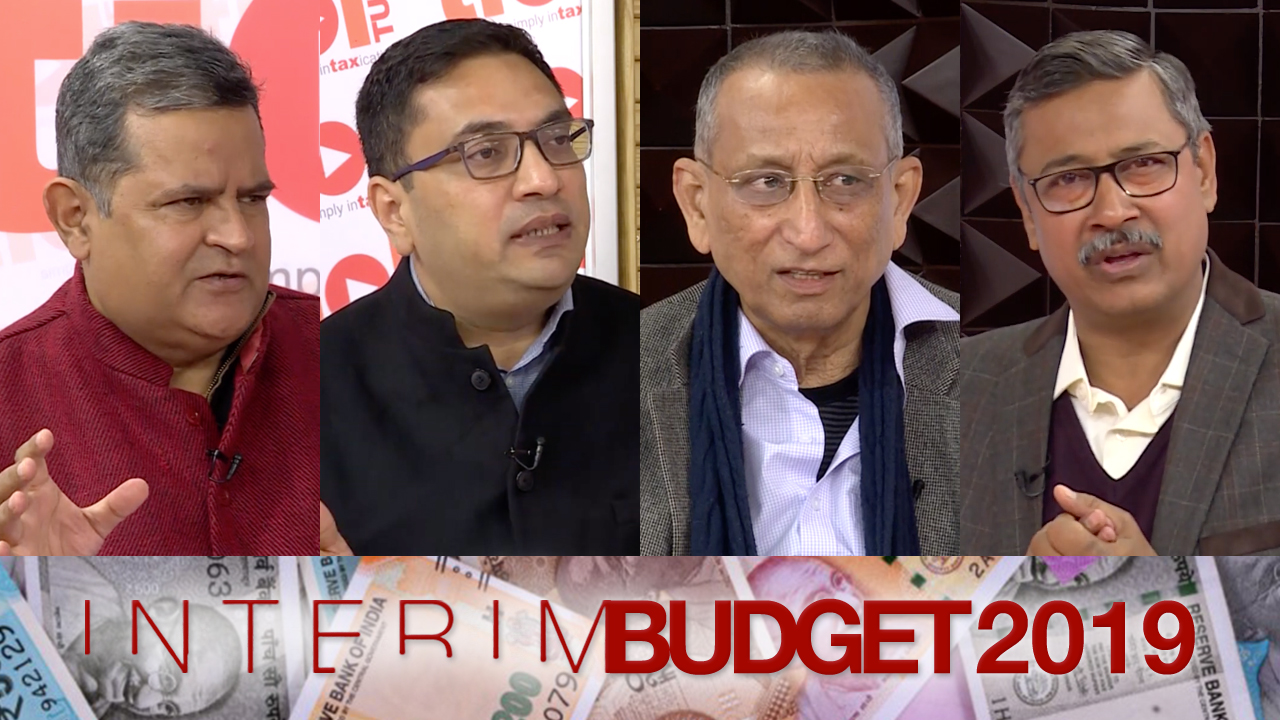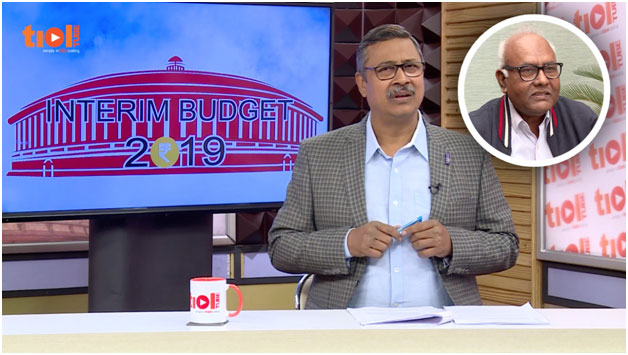|
SERVICE TAX
2019-TIOL-531-CESTAT-MAD
Hallmark Infrastructure Pvt Ltd Vs Commissioner of GST & CE
ST - Assessee entered into a composite contract which involved supplying material as well as providing service – in view of Apex Court decision in Larsen and Toubro Ltd - 2015-TIOL-187-SC-ST, such activity can be taxed only under Works Contract Service & not under Residential Complex Service – demand set aside: CESTAT [para 6.1]
Held: Site Formation & Clearance Service - Land in question belonged to the assessee itself and such activity of site formation and clearance were undertaken before selling the land so as to increase its saleability quotient - This clearly shows that the site formation and clearance activity was done by the assessee themselves, for themselves - such activity was a self service and hence the same cannot be exigible to service tax under the Finance Act, 1994 – demand set aside: CESTAT [para 6.2, 6.3]
- Appeal allowed: CHENNAI CESTAT
2019-TIOL-530-CESTAT-MAD
Leigh Bazar Merchants Association Ltd Vs Commissioner of GST & CE
ST - The assessee received rent amount collected from renting out of commercial complexes & shops - The Department opined that such receipts were taxable under Renting of Immovable Property service - Duty demands were raised with interest and penalties were imposed too - On appeal, the same were sustained by the Commr.(A).
Held: It is seen that the assessee received rent from members as well as non-members - The Tribunal in the assessee's own case for a preceding AY, held that no service tax could be levied on the rent collected from members, considering that principle of mutuality as laid down in the cases of Saturday Club Ltd. Vs. Asst. Commr., Service Tax Cell, Calcutta and Ranchi Club Ltd. Vs. Chief Commr. of C.Ex. & S.T., Ranchi Zone - Following such precedents, the demand of service tax on rent received from members is not sustainable & must be set aside - Regarding the rent collected from non-members , the assessee submitted evidence to show that such rent is within the threshold limit of exemption from service yax - Considering the decision laid down in the assessee's own case for a previous period, the demand raised on the rent collected from non-members cannot be sustained & must be quashed: CESTAT (Para 2,6,7.2)
- Assessee's appeal allowed: CHENNAI CESTAT
2019-TIOL-529-CESTAT-HYD
Variegate Projects Pvt Ltd Vs CST
ST - The assessee-company, engaged in laying & conversion of power transmission lines and providing services to various DISCOMS under Transmission Corporation of Andhra Pradesh and A.P. Transco, received GTA service for transportation of goods by road - The Department opined that service tax is payable under Erection, Commissioning or Installation Services as well as under GTA services - Duty demands were raised with interest & penalty.
Held: The Notfn No 45/2010-ST grants retrospective exemption to all service providers for taxable services relating to transmission and distribution of electricity bill - Besides, similar issue was resolved in Unitech Power Transmission Limited wherein demands raised on such grounds were quashed - Hence the duty demand & interest raised and penalty imposed are set aside - Regarding GTA service, it is seen that the assessee already paid service tax with interest - The duty demand raised in this regard is liable to be upheld - However, it is seen that the issue of taxability of GTA was subject to litigation before various fora, due to which there was lack of clarity upon such issue - Hence the assessee has made out a case u/s 80 of the Finance Act for setting aside of penalty imposed - Thus the appeal be disposed off on such terms: CESTAT (Para 3,6,7)
- Assessee's appeal partly allowed: HYDERABAD CESTAT
CENTRAL EXCISE
2019-TIOL-391-HC-MUM-CX + Case Story
Pr.CCE Vs Deepak Fertilizers And Petrochemicals Corporation Ltd
CX - Appeal admitted on substantial questions of law – However, it is for the Revenue to decide and withdraw the appeals based on its circular F.No.390/Misc./116/2017-JC dated 11 th July 2018 – High Court clarifies that it has not expressed any opinion on the questions of law nor on the legality and validity of the circular – Appeal allowed to be withdrawn: High Court [para 2, 3]
- Appeal disposed of : BOMBAY HIGH COURT
2019-TIOL-390-HC-MUM-CX + Case Story
Kantilal Bhaguji Mohite Vs CCE & ST
CX - Appeal cannot be entertained without compliance with the condition of pre-deposit - Once the Tribunal found that the condition is not complied with, then, it was not open to it to adjudicate the matter on merits - Writ jurisdiction is not meant to grant any benefit to parties or to enable them to get over such pre-condition of making pre-deposit u/s 35F of the CEA, 1944 - Writ Petition dismissed, however, petitioner granted time of four months to comply with the condition of pre-deposit and once compliance is reported, Tribunal is required to restore the appeal and adjudicate on merits: High Court [para 3 to 6]
- Petition dismissed : BOMBAY HIGH COURT
2019-TIOL-389-HC-ALL-CX
Oudh Sugar Mills Ltd Vs CCE
CX - The petitioner is engaged in producing Molasses - During the relevant period, it was served an SCN raising duty demand on account of Molasses lost in a fire accident - During pendency of the writ petition filed by the petitioner, an adjudication order was passed, rejecting the petitioner's plea for remission of duty, on grounds of failure to take adequate precautions to prevent auto-combustion of Molasses.
Held - The dispute relates to Molasses capable of being lost on account of auto combustion - Auto combustion is a natural phenomena, but if preventive measures are required to be taken and the same are not heeded to by the assessee, then no remission of duty is permissible - Moreover, if loss is attributable to assessee's negligence, then duty must be paid - However, neither the SCN nor the O-i-O state as to what preventive measures could have been taken to prevent loss of Molasses due to fire - Besides, the Department never stated that the petitioner did not take the requisite preventive measures - Hence the O-i-O in question is passed by assuming that such preventive measures were not taken - Thus such order is a non-speaking one & is not sustainable - The matter warrants re-examination - Adjudicating authority may issue fresh notice to assessee detailing the alleged preventive measures which the petitioner failed to observe: HC (Para 2,8,9)
- Assessee's Writ petition allowed : ALLAHABAD HIGH COURT
2019-TIOL-528-CESTAT-AHM
Cadila Pharmaceuticals Ltd Vs CCE & ST
CX - The assessee had availed the facility of cenvat credit under CCR, 2004 - During audit, it was noticed that assessee have imported goods namely, "Sulfolane Anhydrus" and taken cenvat credit of duty paid on the same - They have cleared said input raw-material as such under their Central Excise Invoices and under CT-3 as their final product on payment of central excise duty without undertaking any process of the same - Case of the department is that since the imported input sold as such on which credit was taken, the assessee is require to reverse the actual cenvat credit - As regard the merit of case, issue is no more under dispute as in terms of Chapter Note 10 of Chapter 29 - It is clear that re-packing/re-labelling activity which was carried out by assessee alone will not amount to manufacture but along with re-packing/re-labelling there should be an activity i.e. conversion from bulk pack to retail pack to render the product as manufactured goods - This issue has been settled in case of M/s Amritlal Chemaux Ltd - 2015-TIOL-130-SC-CX wherein the identical Chapter Note has been dealt with and the Supreme Court held that activity of re-packing/re-labelling alone does not amount to manufacture - Accordingly, assessee's activity being only re-packing/re-labelling of imported goods does not amount to manufacture, therefore, clearance of such goods shall be correctly treated as removal of input as such - Assessee was required to pay duty equal to the cenvat credit availed on such inputs, whereas, they have paid lesser duty on transaction value treating the re-packing/re-labelling as manufacture activity, therefore, the demand on merit is correct - However as regard the issue of limitation, it is not only the assessee but also department throughout in the case of M/s Amritlal Chemaux Ltd and even in case of Johnson & Johnson Ltd. - 2005-TIOL-132-SC-CX taken a stand that the activity similar to the activity carried out by assessee is amount to manufacture - The issue was finally settled by Supreme Court, therefore, when the department itself was of the view that the activity of re-packing/re-labelling alone is amount to manufacture - The same bonafide belief was entertained by assessee which cannot be construed as malafide intention to evade the payment of duty, therefore, the demand for the extended period cannot be raised - Demand of the period 2006-07 to 2007-08 was raised by SCN dated 16.02.2009, therefore, the entire demand is under extended period, hence the same will not sustain on the ground of limitation: CESTAT
- Appeal allowed: AHMEDABAD CESTAT
2019-TIOL-527-CESTAT-AHM
Eimco Elecon India Ltd Vs CCE & ST
CX - The assessee-company cleared capital goods to its MHE division - It had availed 50% credit credit of these machines at the original premises & 50% at the new premises - The assessee reversed the credit taken at the original unit and availed the same credit for the capital goods located at the new unit - The assessee later sought to re-avail credit of such amount located in the old unit, claiming that the such goods were integrally connected to the process of manufacture taking place at both units - The Revenue sought to deny such credit on grounds that credit was taken by the old unit without having received possession of the capital goods - Hence the assessee's appeal.
Held: The issue at hand has been adjudicated by the High Court of Madras in Habasit Iakoka (P) Ltd., wherein it was held that the essential condition for availment of credit for availment of credit is that the capital goods must be used in or in relation to the manufacture of the final product & even if the same is used outside the factory for such purpose, credit cannot be denied as long as such capital goods are not alienated by the assessee - In the present case, the assessee applied for common registration before availing Cenvat credit - Such application begat no response from the Revenue & so can be said to have neither been accepted nor rejected - This shows that the assessee sought to follow the requirements of CCR 2004 before availing credit - Thus the order denying credit is set aside: CESTAT (Para 2,4,5)
- Assessee's appeal allowed: AHMEDABAD CESTAT
CUSTOMS
2019-TIOL-526-CESTAT-DEL
HLPL Global Logistic Pvt Ltd Vs CC
Cus - The assessee is a holder of CHA licence - It is alleged that assessee had used Chapter 3 transferable duty credit scrips for debiting customs duty, which were not issued by DGFT and were fake and also the hard copy of said duty scrips were not produced to Customs Officer for debiting, before the clearance of consignment for which these scrips had been used - Based on the findings of Investigation, SCN was issued to assessee for alleged contravention of Regulations 11(d) and 11(e) of CBLR, 2013 - The Commissioner has not dealt with the submissions made by assessee and followed the enquiry report - It is evident from the records of case that assessee have obtained the duty free licence from M/s Him Logistics Pvt. Ltd. or through a broker Mr. Lalit Jain and utilised the same towards the payment of Customs duty for the consignment imported by their client - It was held in the inquiry report that assessee was responsible for utilisation of forged duty scrips for payment of customs duty and therefore, not observed due diligence in conducting their business as per the provisions of CBLR - In this regard, free duty licences/ duty credit scrips have been registered at the various customs port other than ICD and available on EDI system - As per the procedure prescribed under EDI system, it is not possible for assessee to temper with the data/ information contained in EDI system which is fulllproof and secured system as prescribed not by one or two but by five officers of customs including the Joint and Additional Commissioner - Then the assessee cannot be held to be liable for penal action under CBLR - The inquiry officer has denied the right to cross examination to assessee which is not negotiable under the Regulation and also various decisions of higher judicial fora including the Supreme Court, the High Courts and the Tribunals - Similarly, giving three personal hearing vide the same letter while adjudicating the dispute is wrong and against the principle of natural justice - The vital rights that of cross examination and three personal hearing through single letter is not legal - The impugned order suffers inherent legal infirmities and liable to be set aside: CESTAT
- Appeal allowed: DELHI CESTAT
2019-TIOL-525-CESTAT-HYD
JSW Steel Ltd Vs CC
Cus - Assessee imported consignment of "Black Water Soft Coking Coal" and sought clearance as 'coking coal' with nil duty incidence in terms of Notfn 21/2002-CUS as amended 'Sl.No.68' and the said bill of entry was taken up for scrutiny - On scrutiny of import documents filed, it was noticed that imported goods may not confirm to the description of 'coking coal' and bill of entry which was filed was assessed on second check for exemption claimed - Coming to conclusion that description of imported goods being different than chemical test laboratory, SCN was issued for denial of exemption claimed by assessee and demand of duty with interest and imposition of penalties - Identical issue in respect of various bills of entry were disposed of by this Bench by Final Order dated 15.11.2017 wherein the Bench reproduced almost the entire judgment of Bombay Bench on an identical issue of the very same assessee - No reason found to deviate from such a view already taken by the Bench - As regards the reliance placed by revenue on 'New Iron making Processes – Relevance to India', even the said papers indicate that in corex technology there are limitations but it never said that only coking coal has to be used - It is nobody's case that coal imported by assessee is not non-coking coal - Detailed findings on this issue of whether the imported coal is coking coal or otherwise is also indicated in judgment of Tribunal at Bombay in JSW STEEL LTD - 2015-TIOL-2793-CESTAT-MUM - The impugned order is unsustainable, though the judgment of the Bombay Tribunal and this Bench are in appeal before the Apex Court - The impugned order is set aside: CESTAT
- Appeal allowed: HYDERABAD CESTAT
|








